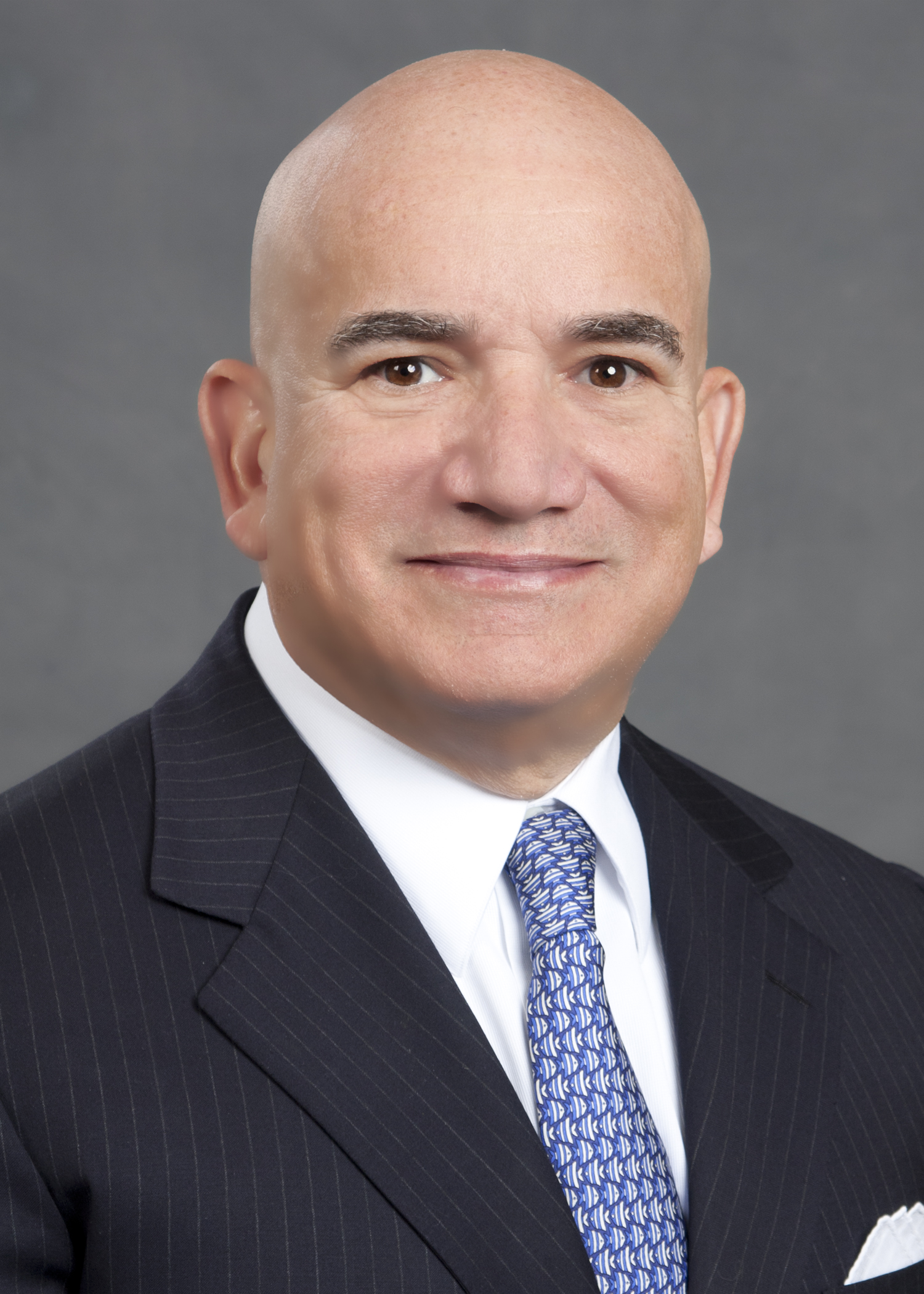What happens when a retired banker takes a position as CEO of a financially struggling health system? In Carlos Migoya's case, he completely turns it around.
Before taking the top executive position at Miami-based Jackson Health System, Mr. Migoya was as a banker for more than 35 years and served as Miami's city manager during a time of major financial crisis. When he became CEO in May 2011, he put his nose to the grindstone and took immediate action to improve Jackson, which was expected to lose $400 million in fiscal year 2012. He reduced Jackson's workforce by 1,000 and promised that if the layoffs saved money, he'd donate his hefty bonus to the Jackson Health Foundation — which he ultimately did. In August 2012, Becker's Hospital Review spoke with Mr. Migoya about his background and the decisions he implemented at Jackson.
Five years later, we've checked in with him for an update. Below, he discusses why his bonus went to fund improvements at Jackson Women's Hospital, why every business is a people business and the only type of infection he wants at Jackson.
Question: Which other CEOs do you admire and why?
Carlos Migoya: As far as hospital CEOs, the one I've admired is Frank Sacco, who just retired as CEO of Hollywood, Fla.-based South Broward Hospital District [Memorial Healthcare System]. He's been able to do with public hospitals what we all want to do — make them the hospitals of choice in the region, partially by creating less reliance on taxes and more reliance on patients. He's done that extremely well over the past 20 years, and he deserves his retirement.
Outside the realm of healthcare, I admire a gentleman that just passed away — a senior banker named Bill Allen. Bill was my mentor in many ways, and he was the ultimate people person. He always said that no matter what we're doing, it's all about the people — we work for people and serve people.
Q: In 2013, you donated your $160,000 bonus to the Jackson Health Foundation to renovate Jackson Women's Hospital. Could you talk about your pledge to do so and what the benefits of it have been?
CM: There were two parts to that decision. The first is that there were a lot of questions about my motivation for being CEO. Some were saying I was only doing it for the money. But I was doing it from a calling perspective and making sure the people of south Florida have a successful public hospital and academic center. For that reason, I said I was going to donate my bonus that year.
The second part of my decision was why it was specifically for [renovations to] Jackson Women's Hospital. My son weighed a pound and a quarter when he was born there in 1978. At that time, few babies his size survived. But he did survive, and 38 years later, we still have him. Since that time, I've also donated money to our transplant department because in 1982, my mother donated a kidney to my aunt at Jackson. Even though it's not under my name, it's under the honor of my mother and my aunt.
As far as renovations go, we are not 100 percent done. We still have a few more floors to do, but we've done many of the floors, including half of the maternity floors, which has made a big difference because there has been a risk with the majority of deliveries we've done. The Miami Heat was also a big sponsor in developing one of the floors, and that section of the hospital is called the Miami Heat Floor.
Q: Jackson was struggling financially when you became CEO. But you brought the system into the black and it's still doing well. In fact, according to the Miami Herald, Jackson most recently had the largest budget surplus to date: $62 million. What else have you done or implemented that's helped Jackson record a surplus year after year?
CM: I've been here a little over five years, and what we've been saying is that the first five years were the financial turnaround. We've been able to have successful years back to back in spite of challenges, including a major reduction in federal supplements at a faster pace than much of the country.
We are now in the stage of working on the next five years. We're working on our $1.4 billion capital campaign, and the surpluses generated over the past five years will go toward that. More importantly, we're working on the cultural transformation of Jackson. We're already seeing huge improvements in quality and safety surveys and HCAHPS scores. Even though it's early on, we're seeing indications of what the future will bring. As we gain beautiful new buildings and modernized facilities, we'll also have a patient experience that will be among the top in the country.
Q: Anything else on where you envision Jackson five years down the road?
CM: We want to make sure Jackson has the top facilities and patient care. Ultimately, we want to be regarded as one of the top public and teaching hospitals — and the hospital of choice — for many south Florida residents and people around the country.
Q: What do you consider your greatest talent or skill outside the C-suite?
CM: People talk about my financial acumen and business acumen, but the skill that goes back the farthest is my ability to keep it about people. To me, any business is a people job, and that includes both employees and patients. At Jackson, we have over 11,000 employees. If we get the right focus from the employees, it's a great way to get patient experience where it needs to be. The only infection we want at Jackson is the infection of having the top patient experience anywhere.

